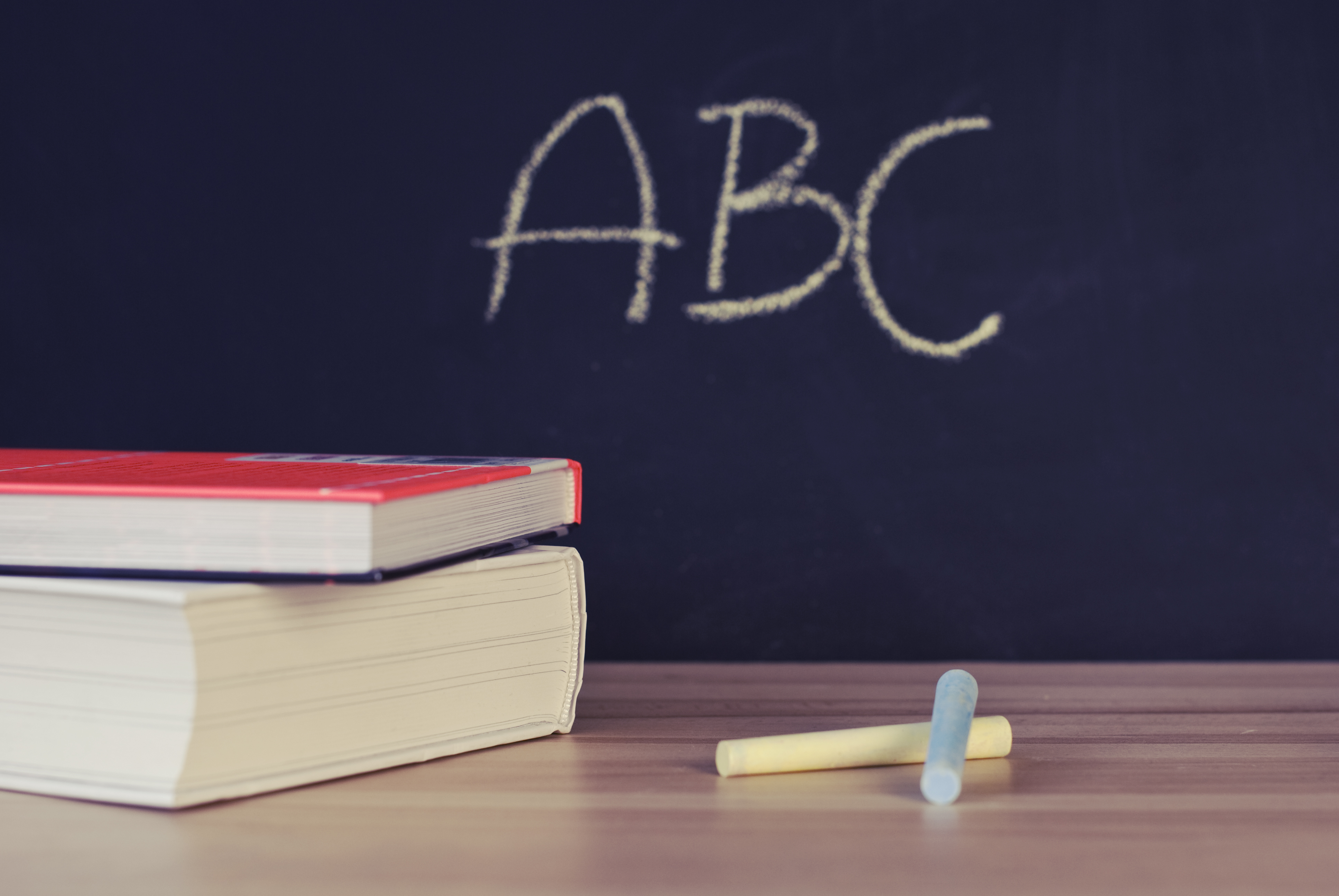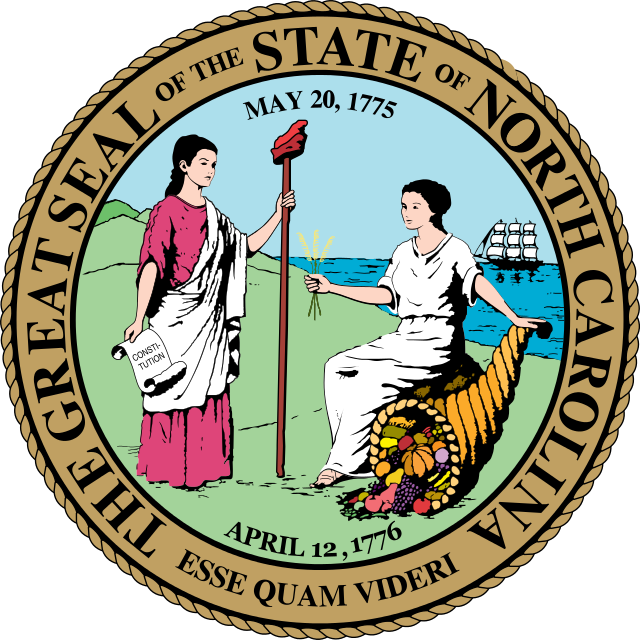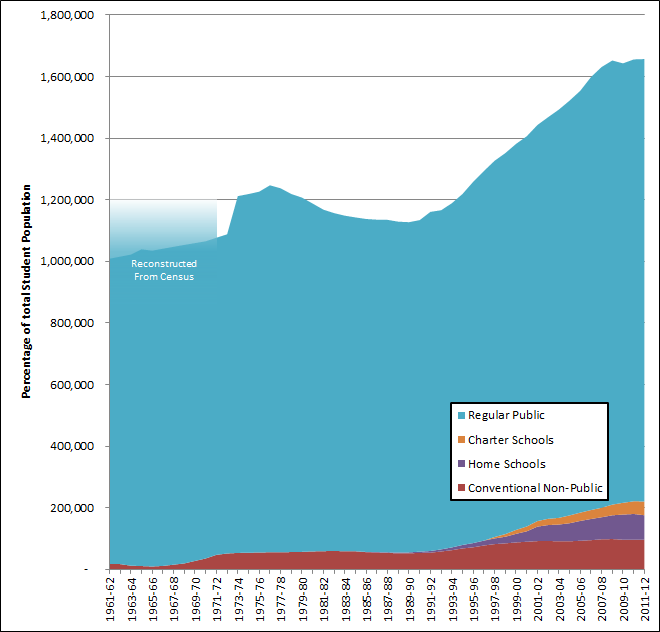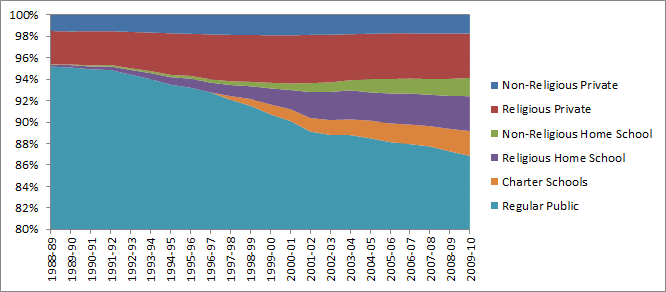
Fraser Institute published a report on homeschooling in Canada entitled Home Schooling in Canada: The Current Picture–2015 Edition by Deani Neven Van Pelt. This report was an update of an earlier report published in 2007.
According to the report, “in the five-year period immediately following the last edition of this paper (2006/07–2011/12), official enrollment in home schools has grown by 29% in Canada.” Homeschooling is on the rise. The report mentions that the research shows that homeschooling is demonstrated with higher academic achievement. In addition, “it was found to have a dampening effect on characteristics sometimes associated with lower academic performance (lower income, lower parental education, gender, race, and special needs).”
The report also comments on studies regarding education achievement of homeschool students showing that:
“Home-educated students were more likely than their peers to have secondary school as their highest level of education, yet in Canada they were also more likely to complete a doctorate or professional degree and to hold a professional or managerial occupation.”










